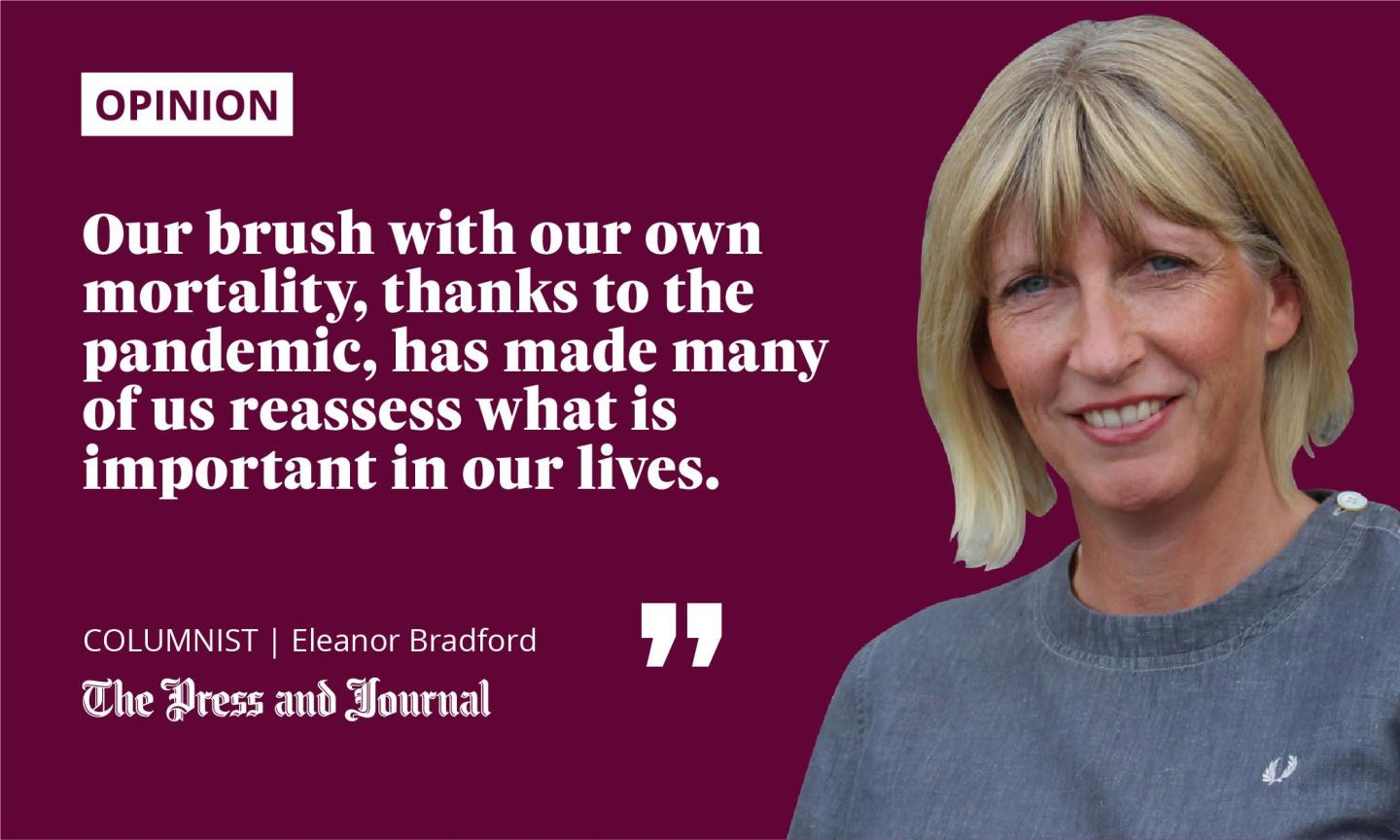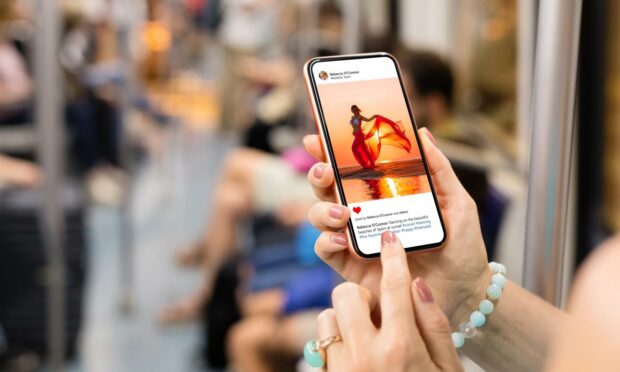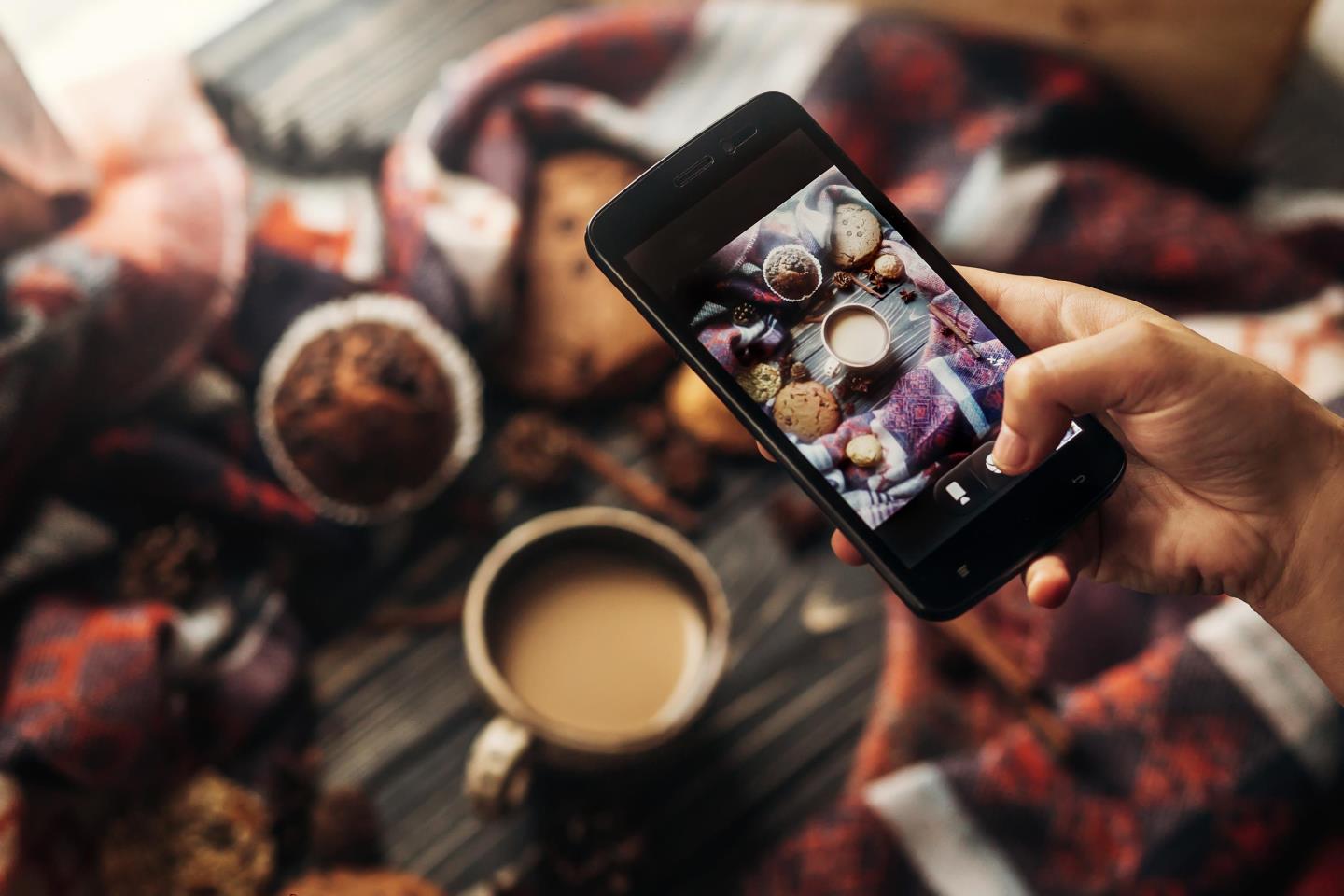It is said that your social media feed is what you want people to see but your search engine history is who you really are.
When I catch up with friends from Glasgow, I’m always surprised by how many of them comment that I am “living the dream” after seeing my Instagram feed. I joke that my social media is all fake news, as anyone who regularly reads my column will know.
Whilst my Instagram feed has a carefully positioned photo of a garden apparently bursting with produce, my search engine history would reveal my frequent searches for solutions to slugs, whitefly and split tomatoes.

In my line of work, I have to plan out communications in the same way as I plan out my garden. I have to predict what will be a success and which way the wind might blow.
In this, I am helped by the fascinating insights provided by trend forecasters. They look at social media to see what the world wants to show off, but they also rake through our search history to find out what we have really been up to. My thanks to the clever folks at Google and Weber for the following predictions which might reflect the way you intend to live your life in 2022.
We’re making small changes to better ourselves
This is a time when we make new resolutions, only to break them a few weeks later, but research suggests that more people than ever are making small changes to better themselves. There was a 50% increase in Google searches for “painting for beginners” and a 35% increase in interest in photography courses. Many of these courses are now conveniently online, reflecting the rapid move to a virtual world.
We are living in the era of the “metaverse”, which impacts upon every aspect of our lives. E-commerce grew more in the first three months of the pandemic than it had in the previous decade, but we’re not just shopping online; we’re more interested than ever in online experiences and virtual tours.
Last year I managed to book the kids onto an online magic show whilst my partner and I enjoyed an online gin tasting in the next room: two experiences which could never have been matched in the real world, and no need for a designated driver either.
Having spent more time than ever at home, we have a renewed focus on making our environment gorgeous, whether that’s by organising our clutter (so-called “cluttercore”), erecting ostentatious decorations at Christmas or buying gazillions of indoor plants. There was a 375% increase in searches for “vines for bedrooms” last year.
‘Slow living’ is fast becoming popular
When Covid does allow us to go out, we want to make it count. My family has just returned from a weekend in Edinburgh to see the Christmas lights, during which no-nonsense mummy was uncharacteristically extravagant.
I happily allowed my son to buy a bag of ridiculously overpriced pick ‘n’ mix sweets, only for him to throw them all up a few minutes later on the Turbo Power spinning fairground ride, which cost me £14. My rationale? He deserved these “happy” childhood experiences after such a miserable year.
Our brush with our own mortality, thanks to the pandemic, has made many of us reassess what is important in our lives. There is a surge in interest in “slow living” – that is, taking up hobbies which were previously considered too time-consuming.
Focus on what’s important to you
Taking time to master a new skill gives us a feeling of control when other aspects of our lives are out of control. And, if we are not content with new hobbies, the desire for a new way of living is extending into our working lives, where we are embarking on dramatic career changes in what has been dubbed the “Great Resignation”.
Take the opportunity to focus on what is most important in life – family, friends and relationships – and don’t worry about the perfect lives on other people’s social media profiles
Having done exactly that in 2016, I would urge caution. There are many aspects which make a job fulfilling. However, it is certainly true that employers will have to work harder than ever to retain talent. Keeping employees happy and fulfilled but also productive is no easy task.
So, as we say goodbye to 2021 and look forward to 2022, I hope the new year brings you exciting virtual experiences, job satisfaction, staycations and luscious bedroom vines.
Take the opportunity to focus on what is most important in life – family, friends and relationships – and don’t worry about the perfect lives on other people’s social media profiles. Life is like a wheel, sometimes you’re at the top and sometimes you’re at the bottom, and that’s the same for everyone.
Eleanor Bradford is a former BBC Scotland health correspondent and now works in communications in the education sector

